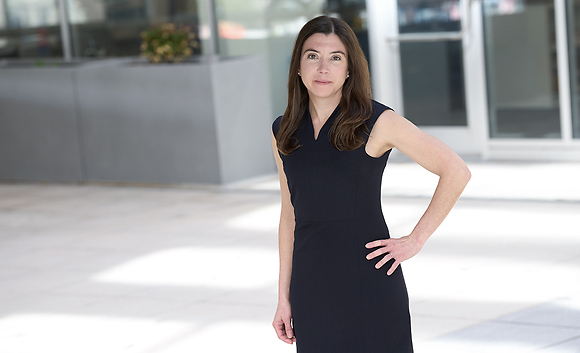Elizabeth Stevens Speaks to Bloomberg on GILTI and CFCs
Companies that opt out of a new foreign income tax regime will face a slew of hurdles that could prevent that income from coming back to the U.S. tax-free when it is paid out to U.S. shareholders.
. . .
“Now it’s just much easier to foot fault the rules because of the high-tax exclusion, and it’s not something they would fix in future rules, it’s just a trap for the unwary,” said Elizabeth Stevens, a member at Caplin & Drysdale in Washington.
. . .
Deciding to go for the high-tax exclusion or the dividends-received deduction could be even more challenging for companies that frequently engage in M&A activity. That’s because an incoming asset could dilute the benefit of the 245A deduction following an acquisition.
“If you have a group that is very acquisitive, you have to make sure to meet the requirements of 245A with respect to all of the CFCs effected by making the election,” Stevens said.
. . .
The potential double tax arising from that analysis can hit many more taxpayers on a much larger quantum of CFC earnings because the GILTI income subject to the high-tax exclusion is no longer narrow, Stevens said.
For the full article, please visit Bloomberg's website.
Attorneys
- Member
